SingaporeMotherhood | Parenting
September 2021
Homeschooling in Singapore – Pros, Cons, and How It’s Done
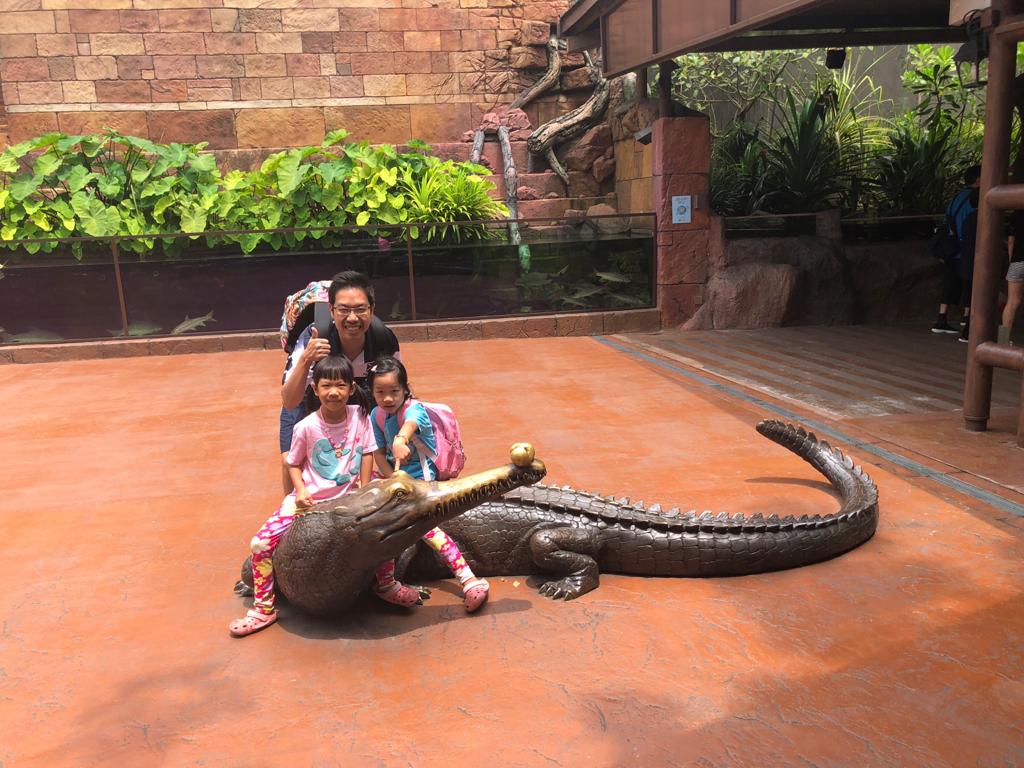
Given our well-regarded public school systems, it’s not surprising that homeschooling in Singapore is a rare phenomenon. Why would parents take on the challenge of teaching their own children when they can just send them to school? And is this actually allowed by the Ministry of Education (MOE)? How does it work?
We recently met Aaron Tay, Financial Services Manager at Vineyard Advisory Group, IPP Financial Advisers, and learnt that he and his wife, Sharon, have been homeschooling their three daughters since they were born. The couple are in their early 40s, and they have a pair of nine-year-old twins, Raysa and Raquel, and their youngest, Raena, is five. We took the opportunity to ask Aaron some questions about homeschooling in Singapore.
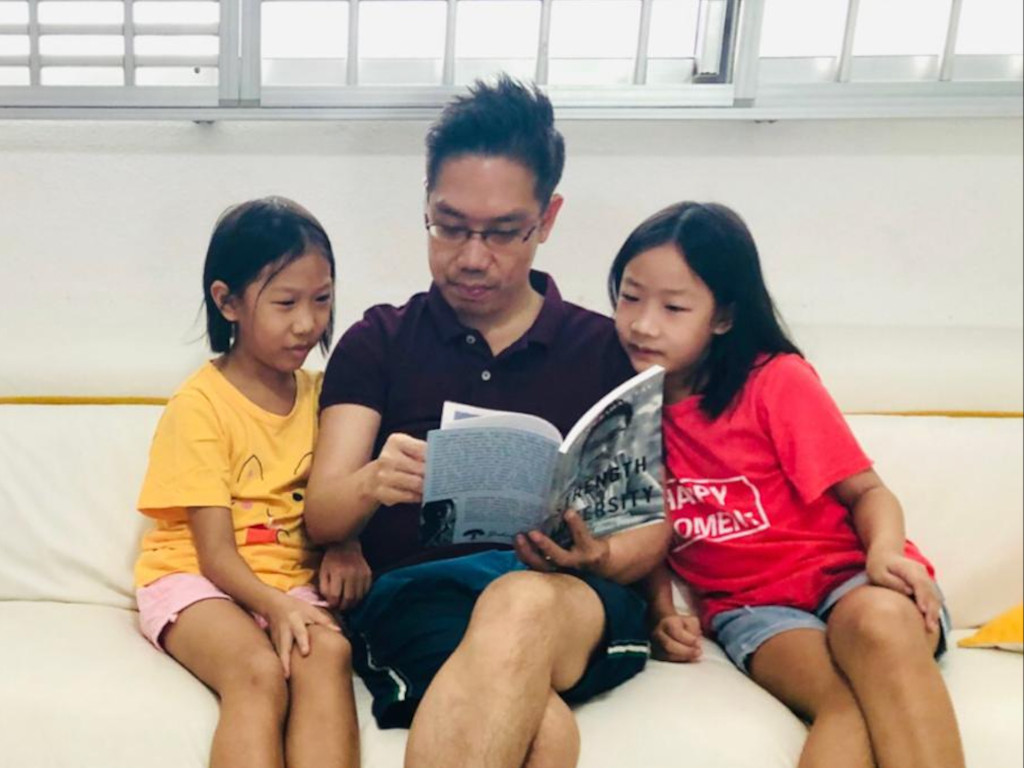
So, Aaron, what made you decide to homeschool your children?
I wanted to be more present in the household. After growing up battling one medical condition after another, I realised nothing matters more than quality time with my family.
By homeschooling my children, I get to invest that time on their education, and not just academically. I also focus on imparting life values and skills, character development, and entrepreneurship.
Homeschooling also gives us the flexibility of learning at our own pace. I’m able to grow and learn with my children, with the luxury of doing so in our space and our time.
(See also: 5 Essential 21st-Century Skills every Child Needs to Learn Today)
Did you face any challenges initially?
My parents and parents-in-law were initially apprehensive about our decision to homeschool our children. They were concerned about their keeping up with school curriculum and social skills. But seeing how confident my wife and I were about this endeavour, they eventually gave us their support.
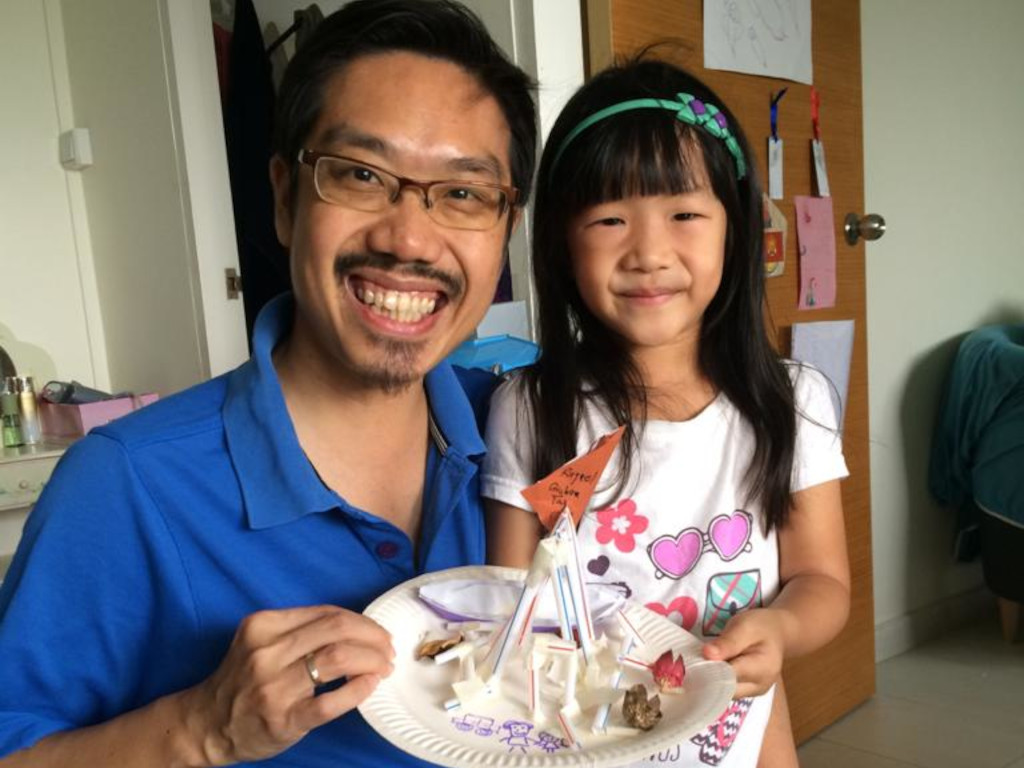
How do you apply for homeschooling in Singapore?
When the twins turned six years and it was time to register for primary school, we applied for homeschooling with the Compulsory Education (CE) unit in MOE. An officer from MOE would interview us to assess if we were suitable to homeschool our children.
We had to prepare our curriculum plan for the next three years, including a plan for National Education, and Character and Citizenship Education. It was a very rigorous process, but it helped us to structure and plan the learning journey properly.
(See also: A Roadmap to Singapore’s Primary Education System)
What curriculum do you follow?
I plan the curriculum as per the MOE requirements. It is quite manageable as the MOE syllabus is very structured. We mainly follow this syllabus, using all the usual textbooks and workbooks. We also make use of other relevant assessments and resources that cater to their learning journey.
As for extra resources, we have no lack of it in bookstores, online platforms, and the National Library. Also, we often go out on field trips to the zoo, museums, and Science Centre for a more interactive approach.
Besides, almost anything can be a learning resource. It’s a matter of being creative, flexible, and resourceful. Learning is a lifelong journey. What’s most important is to seize teachable moments and cultivate the love for learning in our children.
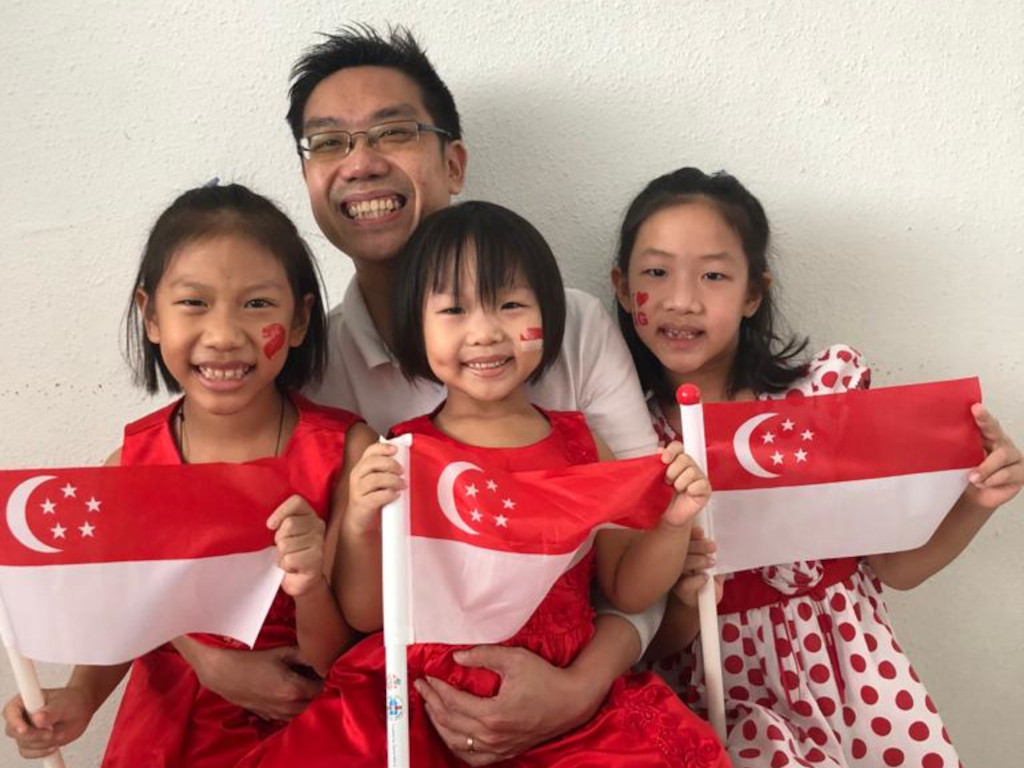
What about school exams and national exams?
My children are required to sit for the Primary Four year-end exams and PSLE. Other than these two examinations, we also need to submit an annual report to MOE to assess their learning journey year on year. I conduct my own tests and exams at home to ascertain their level of learning on a semi-annual basis.
(See also: Help Your Kids Prepare for PSLE Chinese Exams in 2021 – Not 1991!)
What do you need to prepare at home?
Must-haves include good textbooks and assessment books for academic learning, and a wide range of fiction and non-fiction books to cultivate children’s love for reading and thirst for knowledge. It’s also useful to have a nice whiteboard, educational games, and online resources such as maths manipulatives to illustrate mathematical concepts.
Most essential, however, is an enthusiasm and passion for the education of your own child.
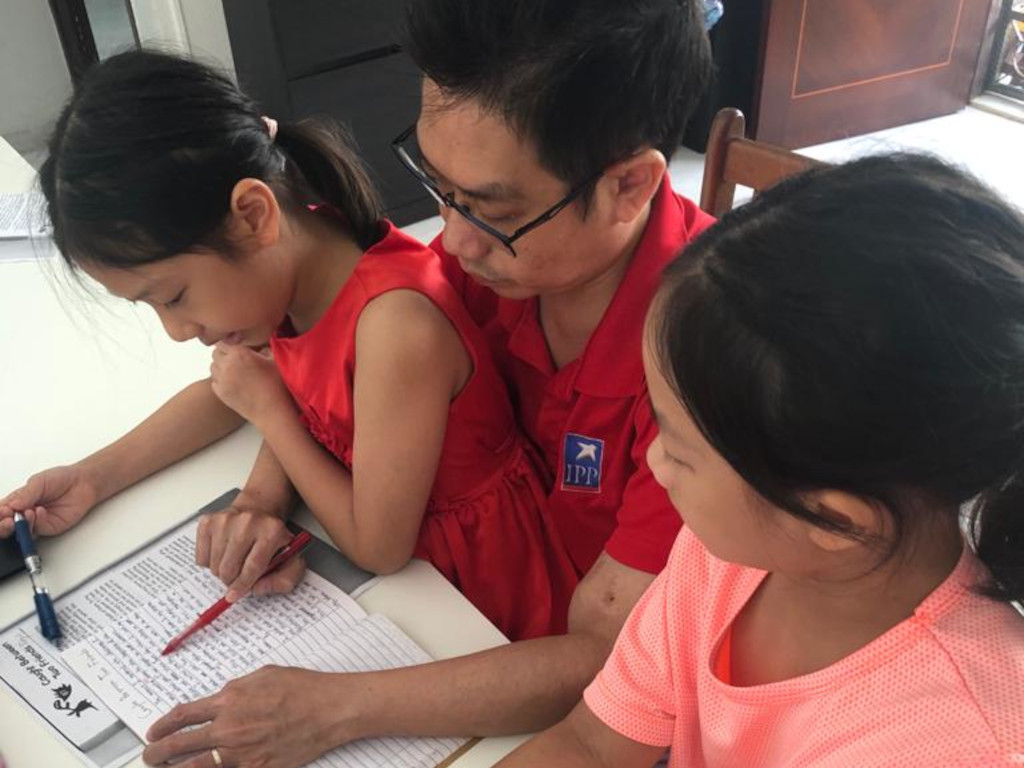
What does a (home)school day look like?
I dedicate about two to three hours every morning to plan, teach, and oversee their studies. My wife then takes over the teaching, as I head off for work. We cover the main MOE subjects — English, Chinese Mother Tongue, Mathematics, and Science.
In the afternoon, the children go for their sport lessons and take part in social activities with other homeschool kids. They may also meet regular school-going children when my wife meets up with other friends and families.
(See also: Groom Your Future Olympian at These Top Sports Academies for Kids)
Do you follow the local school terms and school holidays?
No, we do not follow the school terms and holidays. In fact, we go out for fun and on field trips on weekdays during the regular school terms. That way, we get to avoid the crowds — and peak pricing — on weekends and school holidays! However, we do ensure that they keep up with the syllabus and learning pace at each level.
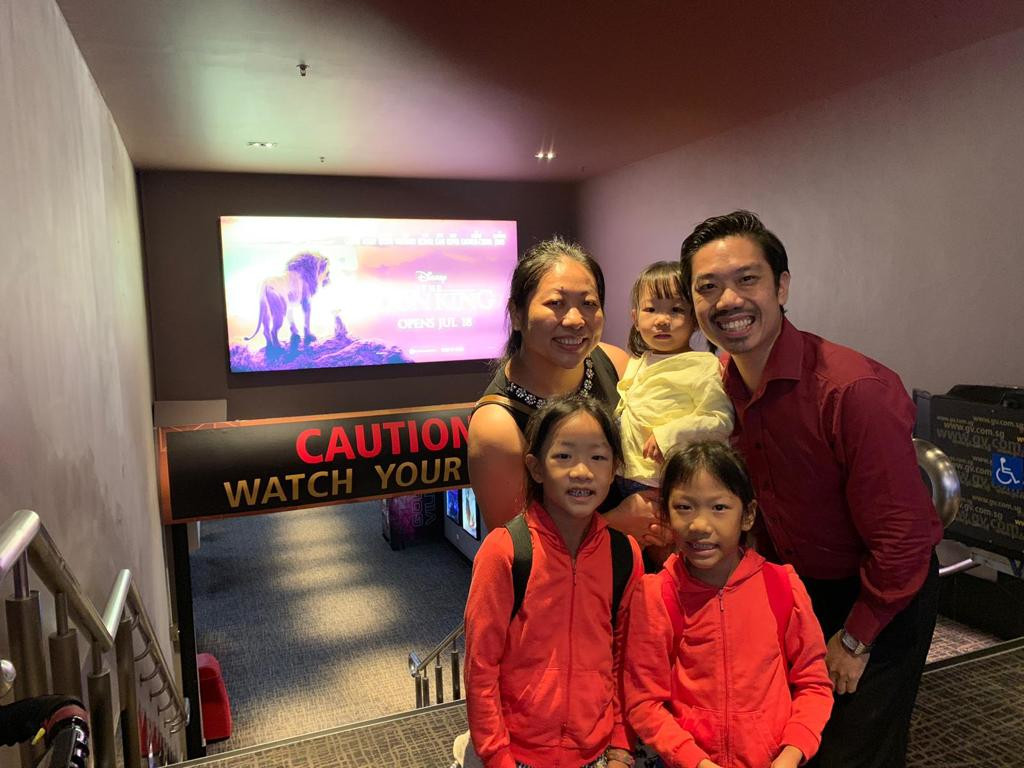
How about non-academic subjects and CCAs?
We make it a point to enrol our children in extracurricular activities. My girls learn gymnastics, swimming, and other sports lessons. They have music and ukulele lessons too. We encourage them to take up leadership positions in such settings and present themselves confidently.
(See also: Our Pick of Ukulele Lessons for Kids in Singapore)
What if I’m not good at a particular subject? How can I teach my child?
Parents ought to have the mentality that they are learning together with the child. If necessary, we can engage tutors to reinforce subjects they are weaker in. There are also homeschool co-ops, where homeschooling parents help to teach a subject or topic they are good at.
It’s a common misconception that homeschooling is a taxing job for the parents. That it might take too much of their time or that they might neglect the academic syllabus the child needs to learn. As long as the parent and child remain focused, it is actually very manageable. Often, we can cover the syllabus faster than students in conventional school settings.
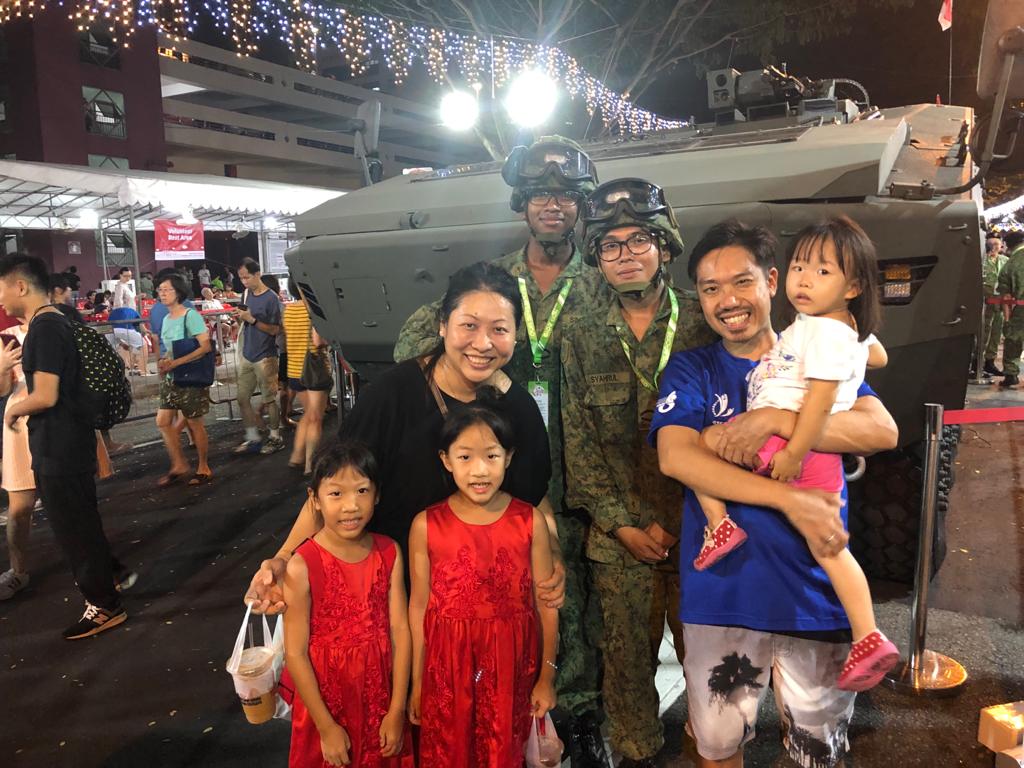
Is it difficult to teach your own children?
Personally, I feel that children need a fixed routine every day, whether you are homeschooling or in public school. With set expectations, children have stability and predictability in their lives. This naturally helps in their focus and attention span.
Also, the synergy and cooperation between both parents is very important. They must be of one mind, so that the child can’t manipulate parents with differing views. A strong and united parental structure will greatly help to communicate a consistent message to the children. That studies are important, to demonstrate discipline, and keep to the routine.
(See also: Why the Alternative to Tiger Mums is not “Laissez-faire Parenting” but “Attentive Parenting”)
When it is time to study, we focus and complete what is necessary. When it is time to play, we really enjoy, let our hair down, and capture precious — and learning — moments.
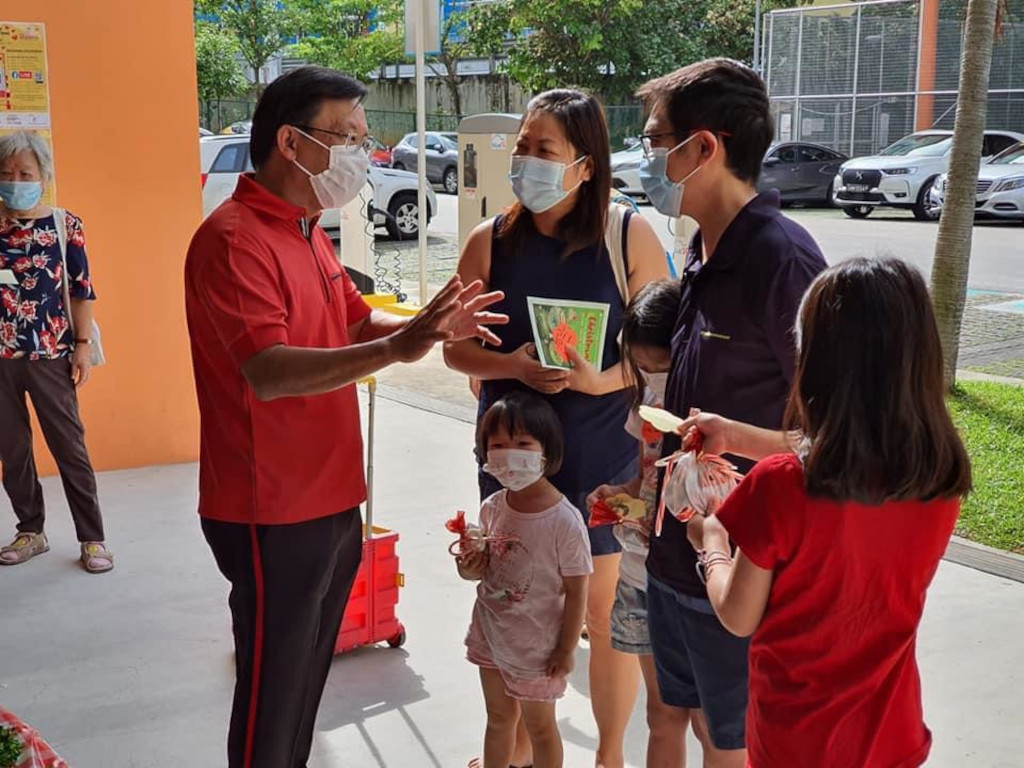
What about your children’s social lives?
Another misconception is that homeschooled children will lack in social skills as they do not go to school. Actually, children homeschooling in Singapore have a lot of bosom buddies too.
We have a close-knit community of homeschooling parents and children. Covid-19 aside, we often meet for social and outdoor activities. Our kids engage with children from different social and cultural backgrounds. They stay close growing up because they will always be ‘schoolmates’, while regular school-going kids may grow apart when they move on to different schools.
(See also: Theory of Mind – How It Helps Improve Your Child’s Friendships and Quality of Life)
So far, my children are very happy with their homeschool experience; they’ve never expressed any desire to ‘go to school’. I do feel they may miss out on mass gatherings, mass exams, recess time and tuckshop experiences. But other than that, every childhood experience can be replicated in the homeschool setting. We just have to be intentional in creating memorable social opportunities for the children, especially when they’re younger.
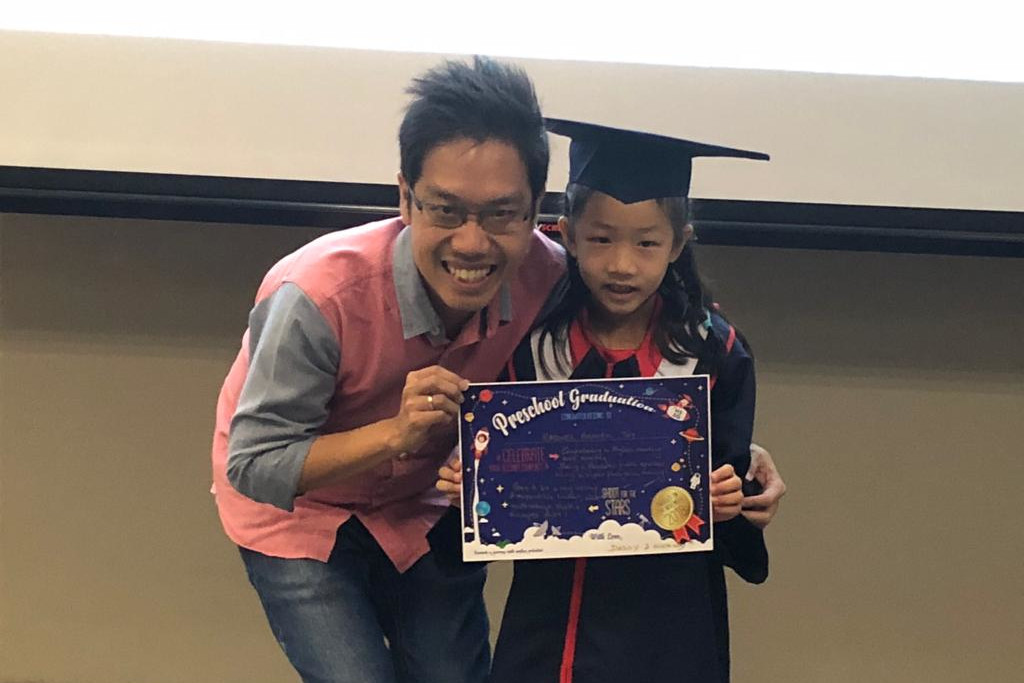
What are some pros and cons of homeschooling in Singapore?
Pros:
- Flexibility in time schedule
- Able to capture learning moments throughout the day
- Be deeply involved with your child’s education
- Able to cater to each child’s learning style
- Able to impart character values and life skills
- Will not be affected by HBL or school closures
- Less chance of catching the flu, HFMD, and Covid-19!
(See also: What to Do If Your Child’s School Has an HFMD Outbreak)
Cons:
- Lack of the economies of scale in certain activities such as sports, excursions, and experiments
- May not have as diverse exposure to varied personalities
- Usually have to rely on a single income, which may present some financial sacrifices
- May cause family friction if the right mindsets and discipline are lacking
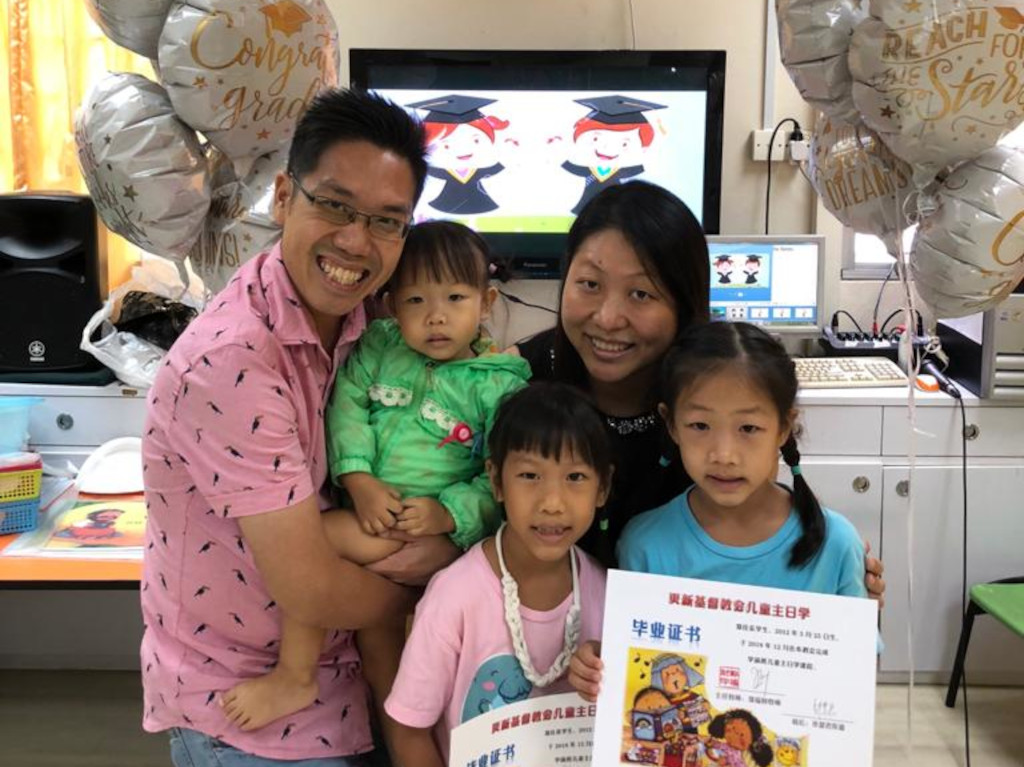
What is your most memorable experience in your homeschooling journey to date?
At the last Homeschool Sports Day co-organised by Homeschool Singapore and ActiveSG, my girls took part in the 100-metre race. Before the competition, I took them to the running track to train. I taught them to persevere and not give up in all that they do.
During the race, my younger twin won the first prize, but my older twin didn’t win anything. She was disappointed. Later we shared with them a story that illustrated how if one family member wins, everyone rejoices together because the win belongs to all of us. My girls understood the lesson and shared the joy of winning together, instead of comparing with each other.
Till today, I believe my girls have truly understood the value of family unity. They are always there supporting one another through good times and bad.
(See also: Survivor of Multiple Life-threatening Conditions Now Dedicated Homeschool Dad)

Finally, Aaron, do you have any advice for other parents who may be considering homeschooling their children?
Go for it! As you watch your children grow up, it is extremely rewarding knowing that you are an integral part of their learning journey. It is not easy, of course, but it is very enriching, fulfilling, and meaningful.
As long as you have a firm conviction about homeschooling and why you are doing it, all you need is the passion and desire to learn together with your child. The right dose of discipline, routine, and a close-knit community will definitely help!
All content from this article, including images, cannot be reproduced without credits or written permission from SingaporeMotherhood.
Follow us on Facebook, Instagram, and Telegram for the latest article and promotion updates.




